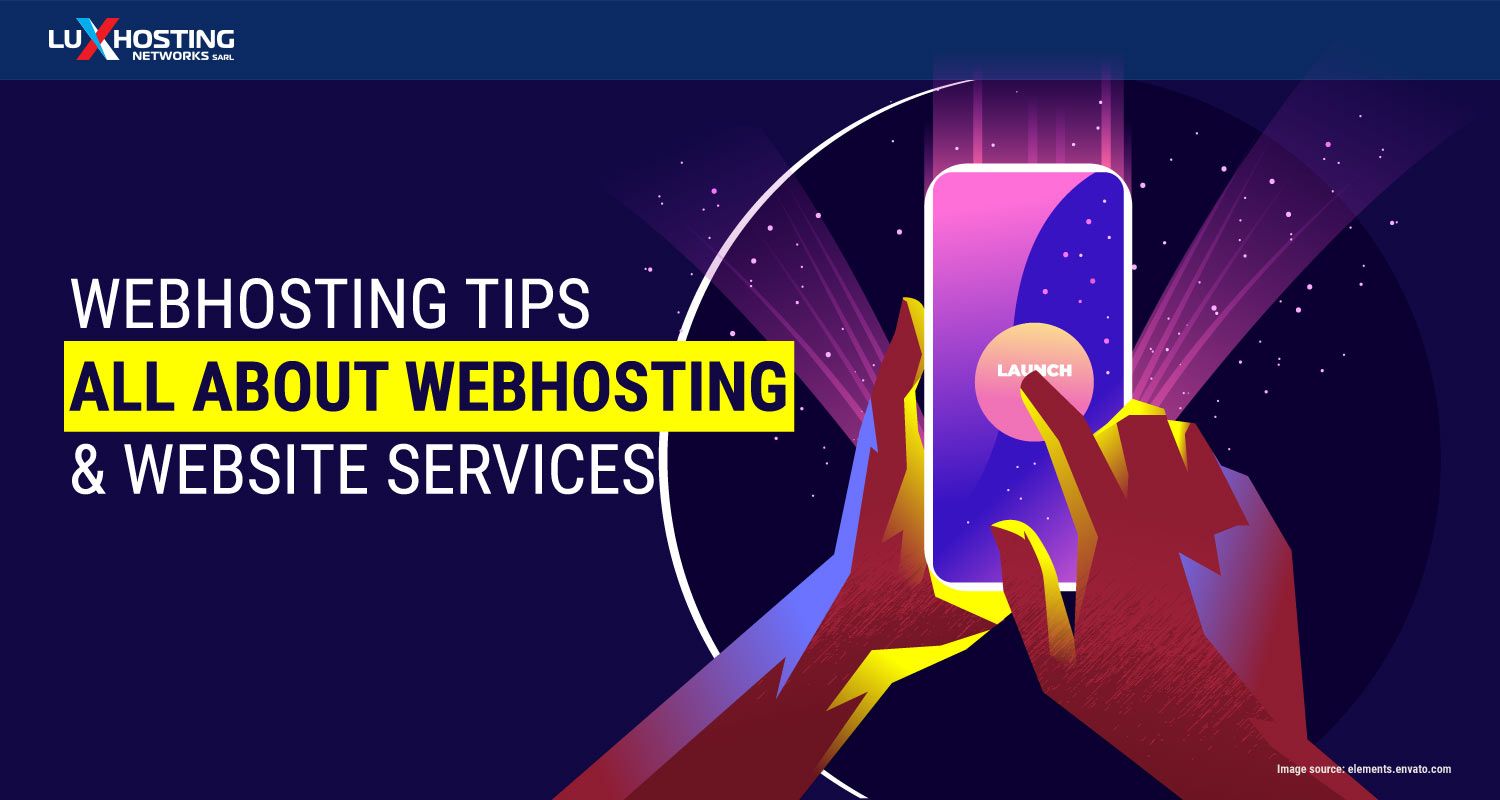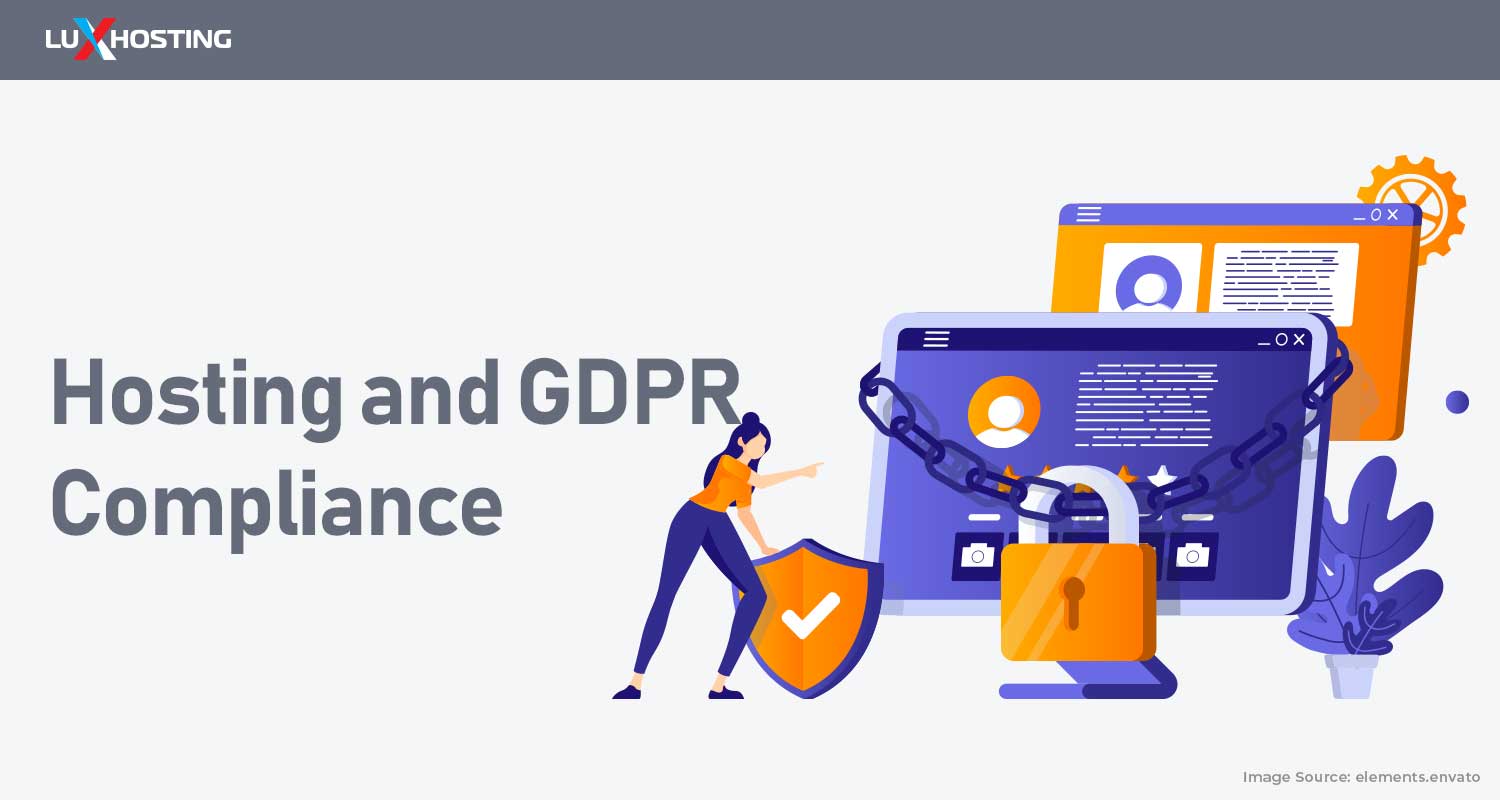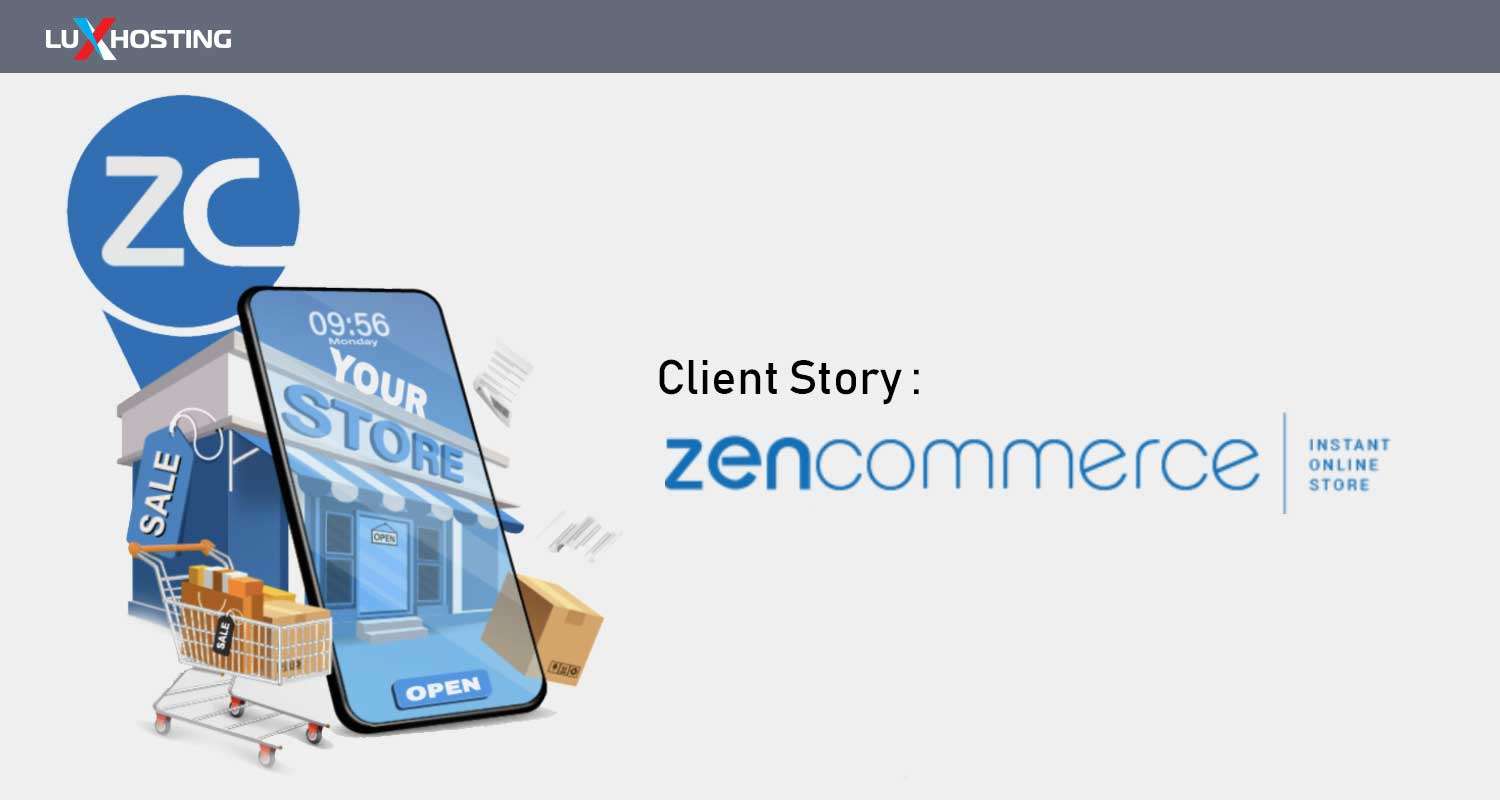Ready to launch a website? With thousands of websites going live daily from new startups, online stories, online communities and blogs; owning a website has become synonymous with business. But what does it take to build a website and an online business from the ground up? First, you need to start with the foundation of your business or website. That’s where webhosting comes in. Before you launch your website, you will need the internet real estate necessary to facilitate it. If you’ve already been operating a website but need a brush up on the finer aspects of internet hosting this guide is also for you. Perhaps you’re looking to upgrade your hosting solution, add more security features or look into adding tools like website monitoring. Whatever your hosting needs this guide seeks to help you decide on what is best for a new website or help you decide on the upgrades you want to an existing one. Let’s dive in.
A Quick Overview of Webhosting
Simply put webhosting is the space on a computer server where a website is hosted. Your hosting provider has powerful servers that help serve your website to end users all across the world. Web hosting makes it possible for your domain address to serve your website to anyone that types in the URL. All data like pictures, blog posts, product pages, videos, text files, specialized software and website plugins to help your website be functional, look aesthetically pleasing and serve your content to your audience is made possible via your hosting environment. Web hosting comes in 3 environments. Let’s look at the next.
Types of WebHosting Environments
Understanding the options, you have where hosting is concerned is important to the future scalability and success of your website. Knowing where to begin to suit your business size helps you match the hosting plan that is right for you. The three main types of hosting include:
- Shared
- VPS-cloud based
- Dedicated
Shared Webhosting environment
Multiple websites are shared one server. This consist of sharing the physical server and the software components within the server. The advantage of shared hosting is that there is an affordable price point. This is because the cost to operate the server is shared between you and the other website owners. Shared hosting is recommended for new websites, small blogs and businesses. With new technology, shared webhosting is scalable and can grow with your website.
VPS Hosting
VPS Hosting is a virtualized server. A VPS hosting environment behaves like a dedicated server within a shared environment giving you the best of both worlds. VPS hosting gives you the affordability of shared hosting while at the same time giving you more power and control like a dedicated server. Learn how to reinforce your VPS Hosting Firewall, read more here.
Dedicated Hosting
In a dedicated hosting environment, you have the entire server, meaning no other website owner shares the server with you. This result is faster performance for your website, as you have complete access to the physical server and its software components.
8 WebHosting Essentials
1. 24/7 Technical Support
Websites don’t have operating hours. Your online business is fully functional 24 hours of the day, 7 days a week and as such your technical support should be available to you at any time. Things can go wrong and when they do you need expert support to help set things right. As your business grows and your website begins to use more sophisticated apps and systems that are more intricate for daily operations, expert around the clock technical support will be a vital lifeline.
2. Website Monitoring Tools
All websites require constant monitoring to ensure that security breaches do not happen, uptime is 99%, server health, web applications, metrics and network performance just to name a few. You need a webhosting provider that offers monitoring 24/7/365 to ensure your website is always functioning at it's optimum and is secure.
3. Website Backup Solutions
Another excellent feature to look for in a robust hosting provider is Backup. Your website nor you can afford to lose data or your client’s sensitive information therefor you need to constantly have automatic backups in place in case something happens to your website. With shared hosting you want a webhosting solution to provide regular off-site backups of your site to protect you and your future customers. For example, if you run a product-based website or a blog and you are constantly adding new items or content, in the event that something goes wrong, or a security breach happens due to a cybercriminal, having a saved version of your latest site update can save you time and money.
4. Guaranteed Site Up-time
Nothing ruins an online business’ reputation faster than a website site that is constantly going offline or one that is unavailable. Your audience and would-be customers are depending on your website to always be available when they need it. This can happen sometimes on shared servers that are old or not properly maintain and host too many websites. Having a site that doesn’t have a steady up-time can not only affect your business’ reputation but it can also hurt your search engine ranking, and lower confidence in your brand. Therefore, you need a hosting provider that has reliable uptime 99% of the time. You also need to ensure that your web hast fast shared hosting.
5. Robust Security Features
Having great web security is crucial to your site’s success and reputation with your audience and clients. Cybercriminals and hackers are using more and more sophisticated software systems to probe millions of sites daily to exploit vulnerabilities and bring sites offline. Cybercriminals will use any vulnerability it can find in your website’s defences to bring your site to its knees. For this reason, you must ensure that the hosting provider you choose uses the utmost in web security. What’s more, is that a breached site can cost you hundreds of pounds in fines and fees as security is the utmost in data protection for your customers.
6. SSL Certificates
While security is a top priority in data protection and internet safety, having SSL Certificates is a must. SSL Certificates protects your user's data as it passes from server to server making all connections secure. SSL Certificates are especially important for anyone operating an online store, web forum or sign account sections of a website, and so much more. In fact, not using the secured https:// can affect your ranking on Google. Google now flags websites not using SSL Certificates as “Not Secure”. This can make online users wary of visiting your website so using a hosting provider that includes SSL Certificates automatically in their shared hosting plans is crucial.
7. WordPress Support
WordPress is one of the largest Content Management Systems (CMS) on the internet. Millions of websites use WordPress to power their sites and blogs. While WordPress may be a popular CMS used by over a third of websites, not all hosting providers are equipped to install WordPress. So, if you plan to use WordPress be sure that your chosen hosting company has the capabilities and tech support to use WordPress.
8. Domain Names
A domain name is a part of the URL that identifies it as belonging to a particular domain. The domain is the address where users can access your website. Once you’ve chosen on a webhosting package, you can brainstorm your domain name. Then purchase it with the TLD extension (.com, .net, .co.uk, etc.) you wish to use. Choosing a domain name can be hard, but you don’t want to hasten this process. Consider what you want your brand to embody in the name you choose. Be simple, concise, make it catchy and memorable.



